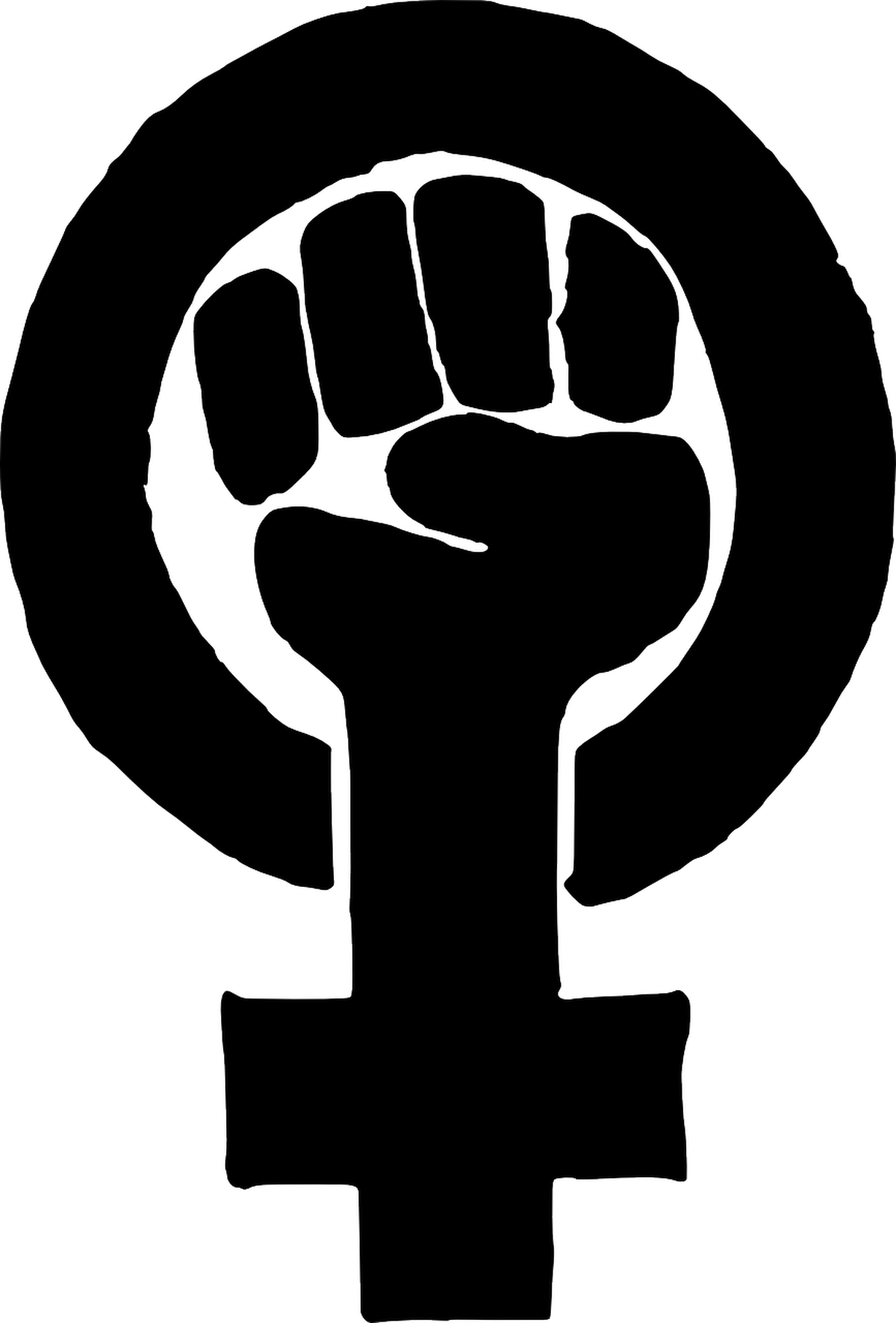Throughout history, Black people and people of color have been oppressed in numerous ways, socially, physically, emotionally and mentally. Black women have been pillars of strength and symbols of resilience in Black communities across the globe, showcasing the strength, the essence, and what it means to be Black.
The essence of Black feminism is the lessons and legacies our African ancestors and foremothers taught their children that were eventually passed down from generation to generation, preserving Black culture. Culture that emphasizes solidarity, communalism, and traditions, still showcased in Black communities across the globe to this day, from Nairobi, Kenya to New Orleans, Louisiana.
Black feminism is in the way that we walk, the way that we talk, and the way that we greet our neighbors. It’s in the way we style and braid our hair. Black feminism is in the magic that turns simple ingredients into treasured meals we share and pass down. Black feminism is in the hymns we sing on a Sunday morning backed by the gospel choir.
Black feminism is the powerful force that makes black women who they are. It’s the strength that powers black women to push forward despite the many adversaries we face constantly.
The essence of Black feminism was the driving force for the lack of Black women across the globe fighting against slavery and segregation. Maya Angelou, arguably one of the best black memoirists and poet once said, “There is a kind of strength that is almost frightening in black women. It’s as if a steel rod runs right through the head down to the feet.” This is the concept of Black power.
It was the bravery that enabled Harriet Tubman to free herself and emancipate over 300 slaves. It was the driving force that motivated Winnie-Madikizela Mandela to fight to end apartheid in South Africa. Black feminism was the power that gave Rosa Parks the bravery to stand up for herself by sitting down and inspiring the people around her to organize the Montgomery Bus Boycott, led by Rev. Dr. Martin Luther King Jr.
Black feminism was what gave Catherine Flon the vision to sew the first flag and symbol of an independent and free Haiti. Black feminism was the strength granted to Nanny of the Maroons, to train former enslaved Africans in Jamaica, on guerilla warfare and to successfully defeat the British, resulting in a treaty being signed on April 20, 1740 and 500 acres of land as well as the freedom of all her followers, the Windward Maroons.
Black feminism is what inspired Mary Prince to be the first Black woman to write an autobiography on her life as a slave, as well as the first woman to petition the British Parliament to end slavery in the Caribbean, inspiring more people in Europe to campaign against slavery.
Black feminism was in the creativity of Josephine Baker, a famous singer, actress and dancer who lived in France and fought for racial equality, demanding a nondiscrimination clause in her contract as well as an integrated audience, and marched alongside the Rev. Dr. Martin Luther King Jr, in the March on Washington.
Black feminism was the intelligence bestowed upon Mary W. Jackson, the mathematician and aerospace engineer, who became the first African American female engineer to work for NASA in 1958, despite living in a segregated America. It is in the words of Maya Angelou, and the voice of Ella Fitzgerald. It’s in the walk of Naomi Campbell and the arms of Serena Williams. It’s in the legs of Simone Biles and the inspirational nature of Michelle Obama.
Black feminism inspires, protects, guides, comforts, loves, mourns and is free yet enslaved. The essence of Black feminism is something that cannot be fully described in words, only felt. It cannot be contained nor extinguished, and despite constant efforts to suppress it, it refuses to be tapered down. The powerful force of Black feminism is Black culture.
